There are a wide variety of therapies that can help improve the quality of life for individuals with Angelman syndrome. The following volumes offer in-depth looks at a range of therapies for improving physical ability, communication skills, occupational skills, and more.
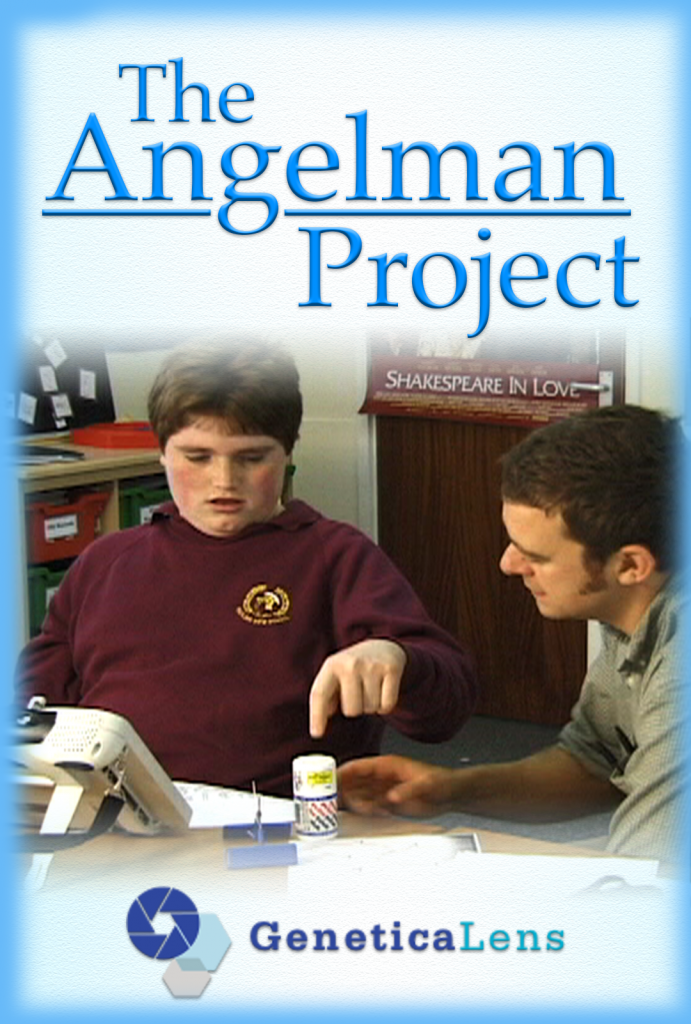
Volume 9: Organizing Therapies, Communication, Speech, and Language
A moderate to severe speech and language disorder is universal in individuals with Angelman syndrome, and therefore, communication is one of the greatest challenges that people with Angelman face. This volume will demonstrate the different types of speech and language therapy available for people with Angelman syndrome. It will also feature examples of how different people with Angelman can communicate, the use of assistive devices, and the depth of receptive language skills that many with Angelman have.
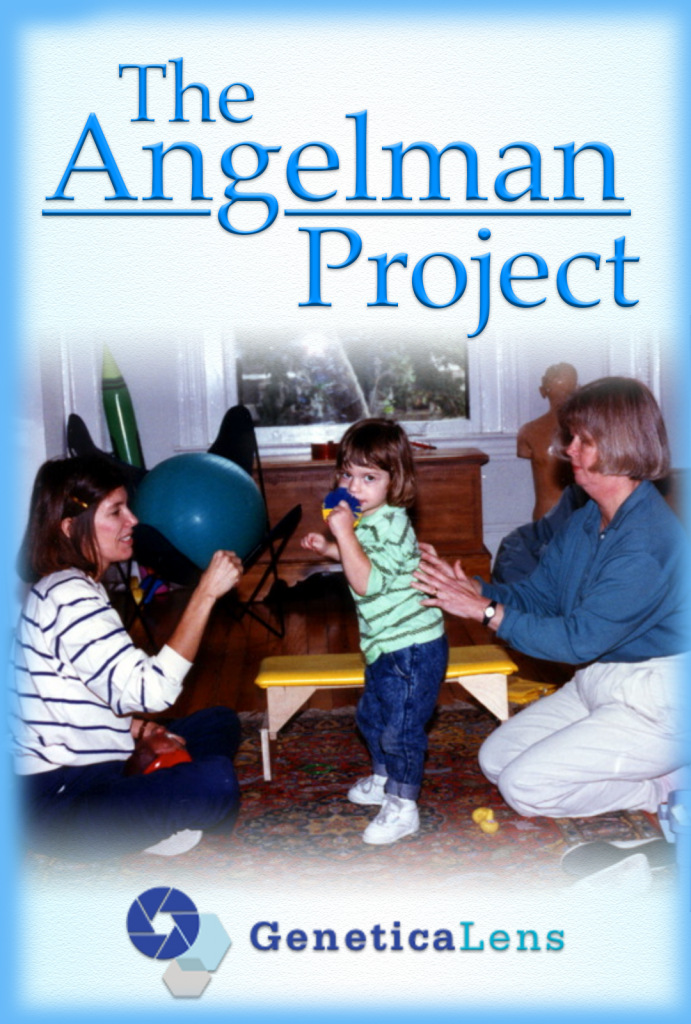
Volume 11: Organizing Therapies, Occupational Therapy
This volume features examples of how occupational therapy can be used to help individuals with Angelman syndrome develop choice making, fine motor skills, and other skills that can improve daily functioning.
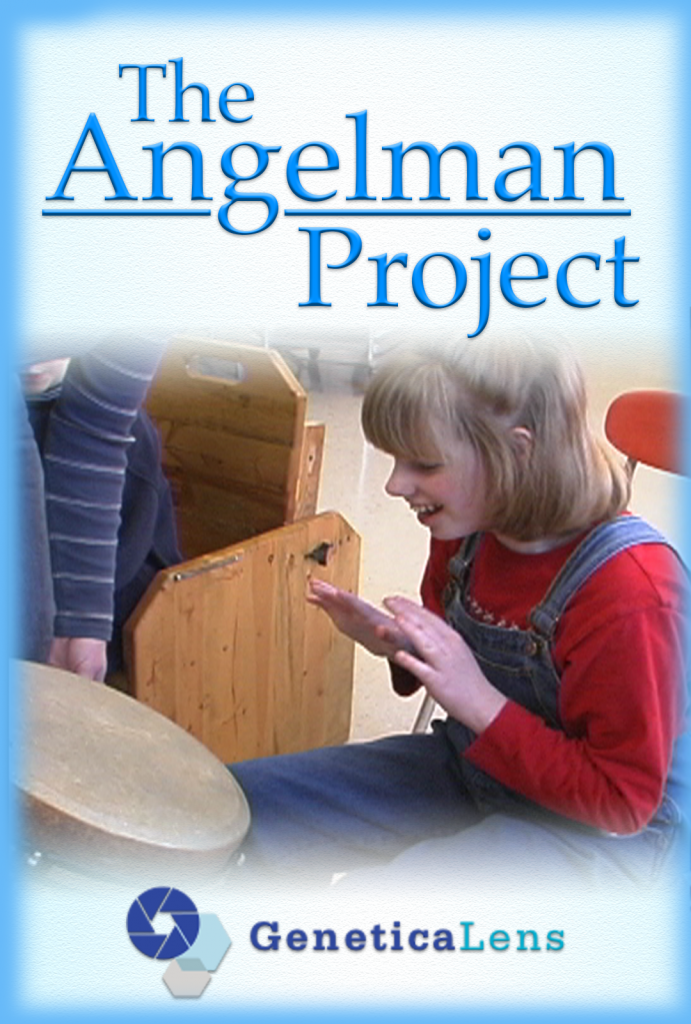
Volume 12: Organizing Therapies, Music Therapy
Music can be a powerful tool to help engage individuals and develop a variety of skills, like sitting, taking turns, sharing, fine motor skills, and language. This volume shows music therapy in action, showing how it can be a fun and useful therapy for individuals with Angelman syndrome.
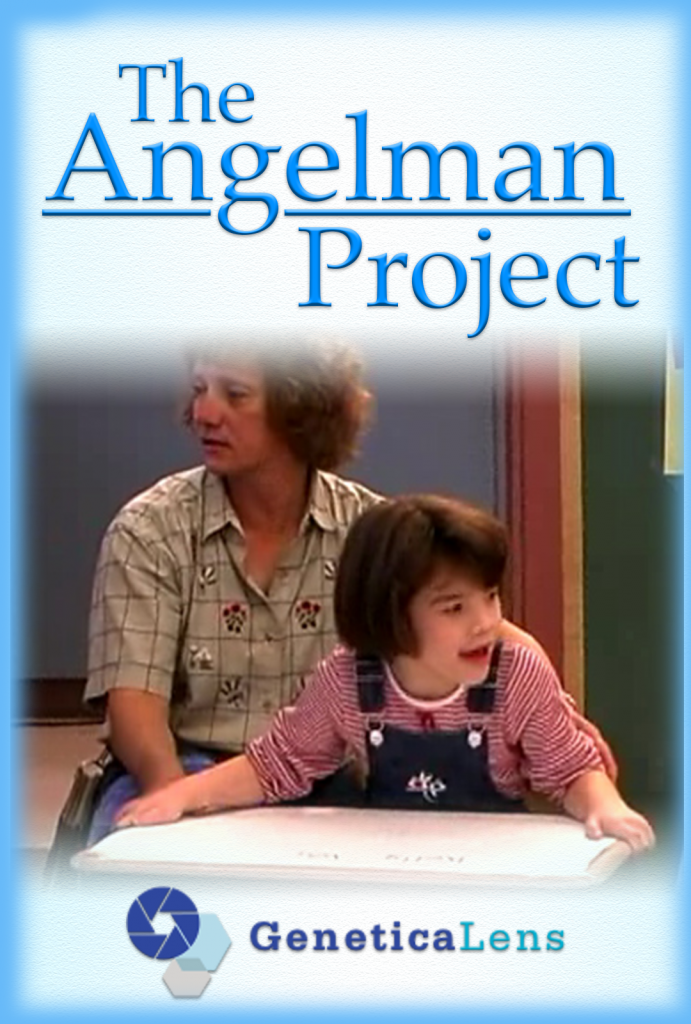
Volume 13: Organizing Therapies, Behavior Modification
Behavioral problems are common for individuals with Angelman syndrome. Various interventions are available to help teach individuals with Angelman syndrome proper ways to behave and interact with others. This volume features examples of these techniques in action, showing the progress that can be made to help people with Angelman syndrome interact positively with others and thrive in their communities.
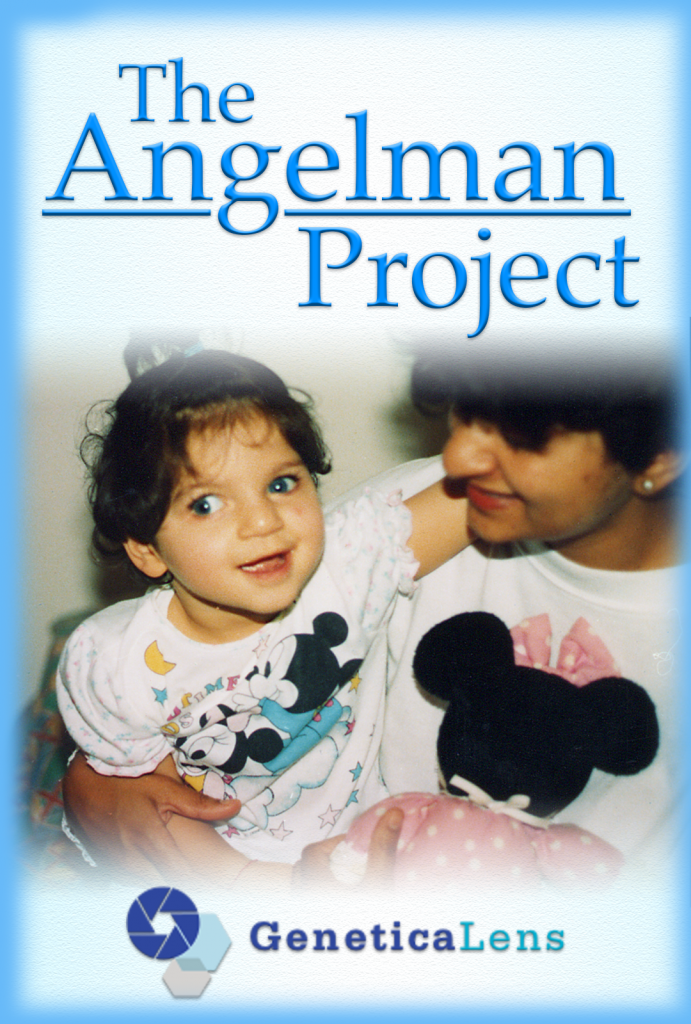
Volume 14: Organizing Therapies, Sleep Disorder
Sleep problems are common for many individuals with Angelman syndrome, impacting not only their own restfulness, but also the wellbeing of their caregivers and siblings. This volume features families and doctors discussing these problems, and the different possible solutions to them.
